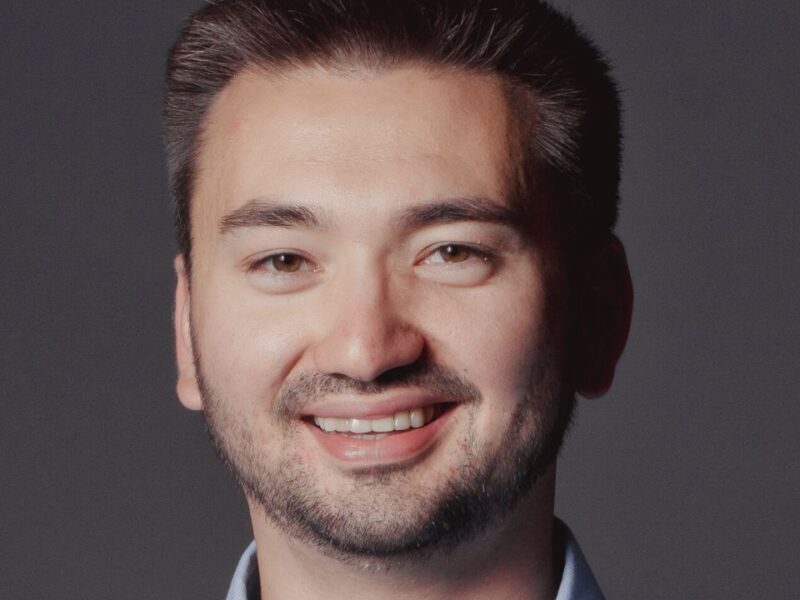U.S. Health Care Spending on HIV, HCV and Substance Use Care from 2010 to 2019: Variation by Area and Demographics
Cycle 9 (2023-2024)

Bulat Idrisov MD, MSc
University of Washington
HIV and substance use disorder (SUD) are among the leading contributors to the burden of disease in the U.S. and result in substantial costs. This is particularly concerning due to their synergistic interaction and complexity of care, making it crucial to optimize resource allocation and maximize benefits. This project aims to provide the most comprehensive description of U.S. healthcare spending by state between 2010 and 2019 and determine the amount the U.S. spends per unit of health gained separately for HIV and SUDs (including cocaine, opioid, and amphetamine) as measured by disability-adjusted life-years averted. The goal is to enhance understanding of the healthcare system's financial response to the HIV and SUD epidemics, identify areas for targeted intervention, and drive the implementation of innovative and holistic care models that improve patient outcomes.
Bulat Idrisov is completing his PhD in Health Services Research at the University of Washington School of Public Health. His public health career began as a physician in Bashkortostan, Russia. After he was awarded a Fulbright Scholarship, he earned his MSc in health policy from Brandeis University and expanded his research portfolio as a NIDA Research Fellow at Boston Medical Center.
Prior to moving to Seattle, he spent over four years working in Moscow and Ufa, Russia. His duties extended beyond academia to include teaching and collaborative work with stakeholders such as the World Health Organization and the Ministry of Health. During his research career, Idrisov helped identify efficient ways to promote smoking cessation among teenagers Russia. He also investigated the relationship between food insecurity and HIV transmission and progression and showed that substance use is not a barrier to achieving successful HIV care milestones. He co-authored studies on the Global Burden of Disease and contributed to research on mandatory addiction treatment, HIV stigma, and violence in Eastern Europe. Intrigued by cost-effectiveness frameworks, he conducted research demonstrating the potential cost-effectiveness of methadone therapy in Russia where it is prohibited for ideological reasons.
Presently, he continues to apply his diverse skill set and experience to critical areas of public health research, with a particular focus on digital therapeutics, healthcare financing, HIV, and substance use disorders in the U.S. context.